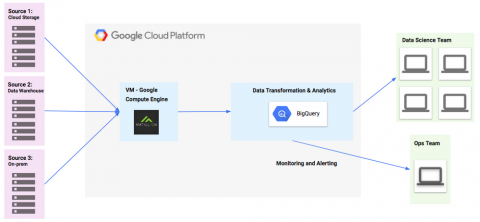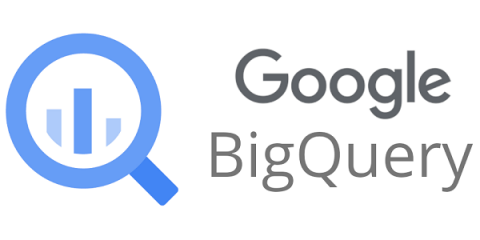How modern is your data warehouse? Take our new maturity assessment to find out
As more and more businesses turn to advanced data analytics to help them make smarter decisions, run real-time analytics, and improve business operations, an increasing number are modernizing their data warehouses to make it all possible. For many businesses, knowing how to modernize means understanding where their data warehouse sits on the spectrum between traditional and cutting edge. To help, we collaborated with TDWI to offer the data warehouse maturity assessment.











